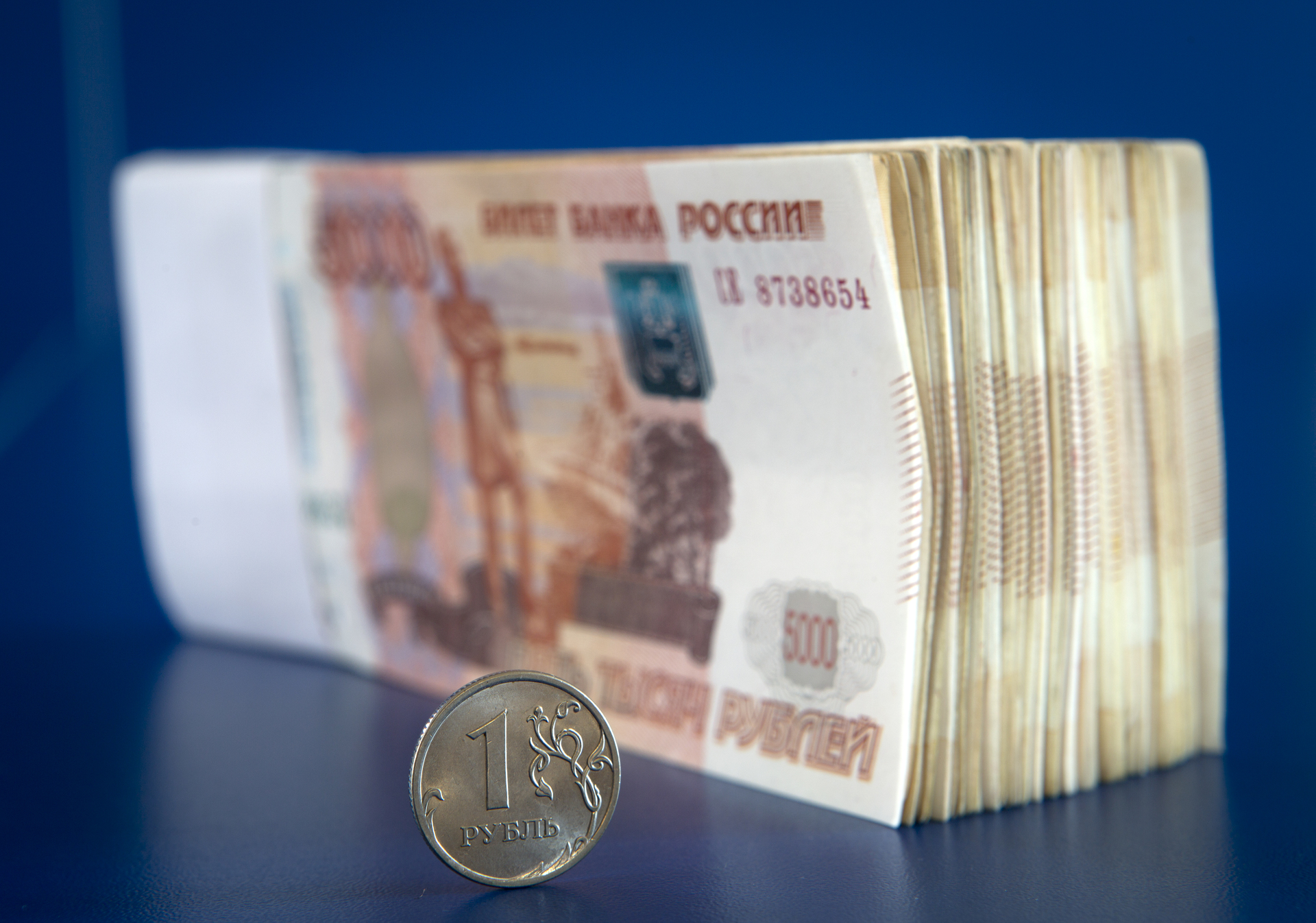On January 1, 2022, a law on increasing the minimum wage (minimum wage) comes into force in Russia.
The corresponding amount increased by 8.6% - from 12,792 to 13,890 rubles a month.
Recall that the minimum wage sets the minimum wage that a full-time employee can receive.
In addition, the indicator is used to calculate benefits for temporary disability, as well as for pregnancy and childbirth.
Initially, it was assumed that from 2022 the minimum wage will be indexed by 6.4% - up to 13,617 rubles.
Meanwhile, against the backdrop of rising inflation, President Vladimir Putin proposed an additional increase in the amount.
The authorities expect the initiative to increase the wages of about 2.7 million workers.
In addition, in accordance with the instructions of the head of state, starting from 2022, the size of the subsistence minimum has been increased in Russia at an outstripping pace - also by 8.6% instead of the previously planned 2.5%.
Thus, in the country as a whole, the amount per capita increased from 11 653 to 12 654 rubles.
Note that for the working-age population, the subsistence minimum is now 13,793 rubles, for pensioners - 10,882 rubles, and for children - 12,274 rubles.
This is stated in the materials of the Ministry of Labor and Social Protection.
“The size of the living wage is an important indicator that serves as a criterion for establishing many social benefits.
In particular, it is taken into account with the financial support of families with children, as well as when calculating additional payments to pensions.
The growth of the indicator should have a positive effect on the incomes of millions of citizens receiving benefits, "said Nikita Maslennikov, head of the Finance and Economics department at the Institute of Contemporary Development, to RT.
According to the Ministry of Labor, the income of 16 million citizens should increase due to the increase in the living wage.
As noted in the department, a total of 30 billion rubles will be allocated from the budget for the implementation of the president's initiatives.
globallookpress.com
© Nikolay Gyngazov
According to Rosstat, in November 2021, annual inflation in Russia accelerated to 8.4%.
The indicator more than doubled the target level of the Bank of Russia (4%) and turned out to be the maximum over the past six years.
In these conditions, an additional increase in the minimum wage and the living wage should protect the incomes of Russians from rising prices.
Svetlana Bessarab, a member of the State Duma Committee on Labor, Social Policy and Veterans Affairs, shared this opinion in an interview with RT.
“In accordance with the existing calculation methodology, there should not have been such a significant increase in the size of the minimum wage and the living wage.
However, against the backdrop of the pandemic and, as a consequence, the rise in consumer prices, it was decided to increase the indicators at a rate that would outstrip inflation.
As a result, the increase will help the citizens to preserve their usual way of life, and the state - to fulfill its social obligations, ”the deputy emphasized.
Social bonus
Since January 1, the size of the insurance pension has also increased in Russia - by 5.9%.
As previously noted in the government, the average amount of old age payments to unemployed citizens should now amount to 18,521 rubles.
At the same time, the fixed payment to the insurance pension, taking into account indexation by 5.9%, is set at 6401 rubles.
Note that payments are indexed in accordance with the previously adopted law on the budget of the Pension Fund.
Meanwhile, the government is now preparing additional proposals to increase pensions, taking into account actual inflation.
The need for such a measure has been repeatedly stated by Vladimir Putin.
“We mustn't forget about it.
The government of the Russian Federation will have to do everything to keep the promises of previous years.
So far, we have generally managed to do this, and we will definitely do it, ”the Russian leader emphasized during a large press conference.
kremlin.ru
In addition, from January 1, norms come into force according to which maternity capital should be indexed according to actual, and not according to forecast inflation.
The head of state signed the corresponding law in December.
According to the document, it is planned to increase the size of the payment on February 1.
Now, within the framework of the state capital program, 483,882 rubles are allocated for the first child, and 639,432 rubles for the second.
If the family has already been paid money for the first child, 155,550 rubles are charged when the second child appears.
As previously assumed, from February 1, 2022, the amount of payment for the first child was to increase to 503,237 rubles, and for the second - to 665,009 rubles.
However, taking into account the changes in the legislation, the values will be noticeably higher, noted Svetlana Bessarab.
“The initiative was necessary, first of all, to protect the interests of families with children.
It is no secret that in the overwhelming majority of cases, parents spend their mother capital on the down payment on a mortgage.
That is, they will be able to solve the housing issue, and their choice will not be limited due to inflationary risks, ”Bessarab emphasized.
As noted by the deputy, initiatives for additional indexation of social benefits will not give up a serious burden on the federal budget.
Thus, high energy prices should provide additional revenues to the treasury, which will allow the state to fully fulfill its obligations to citizens, the deputy added.

